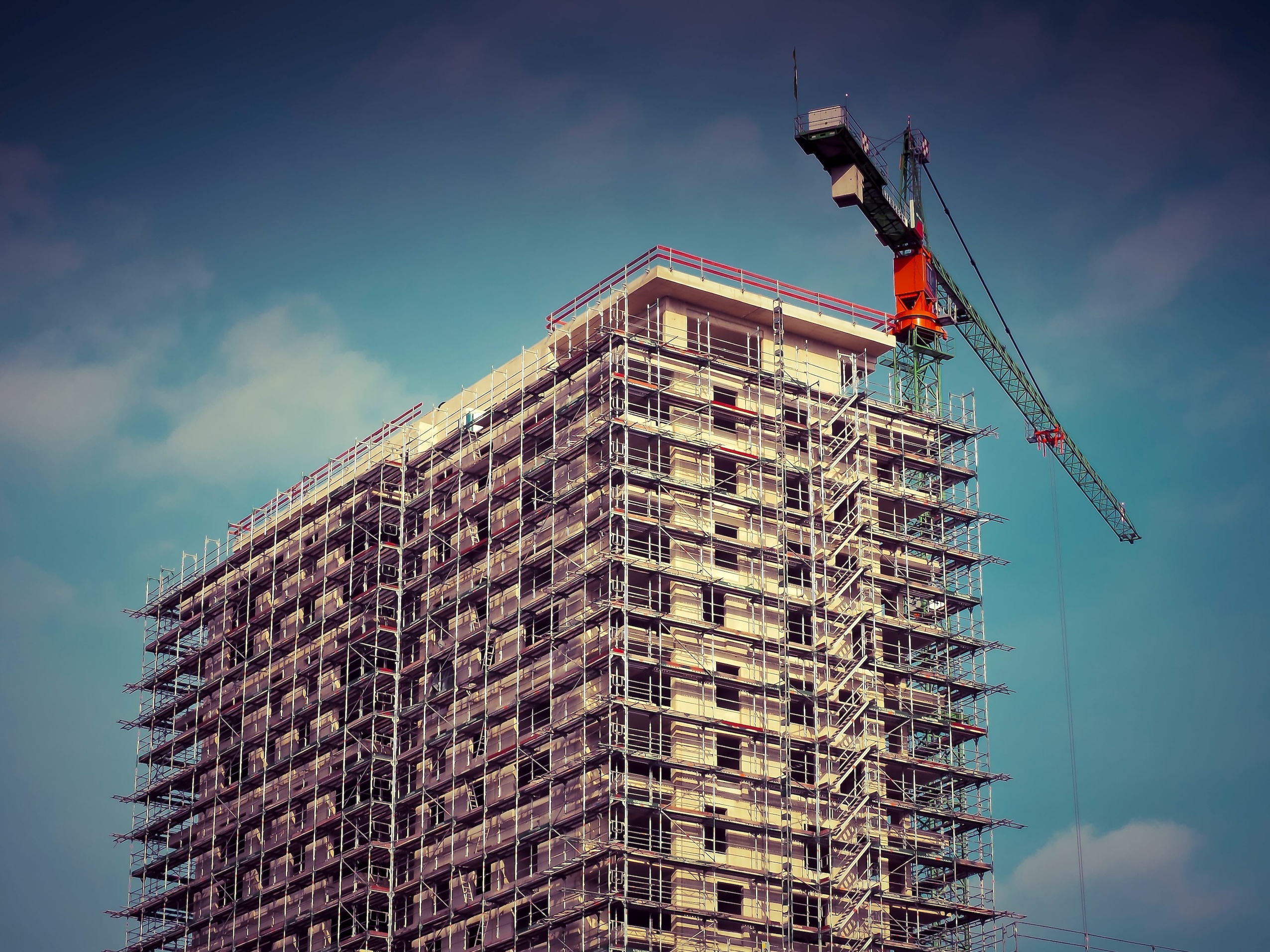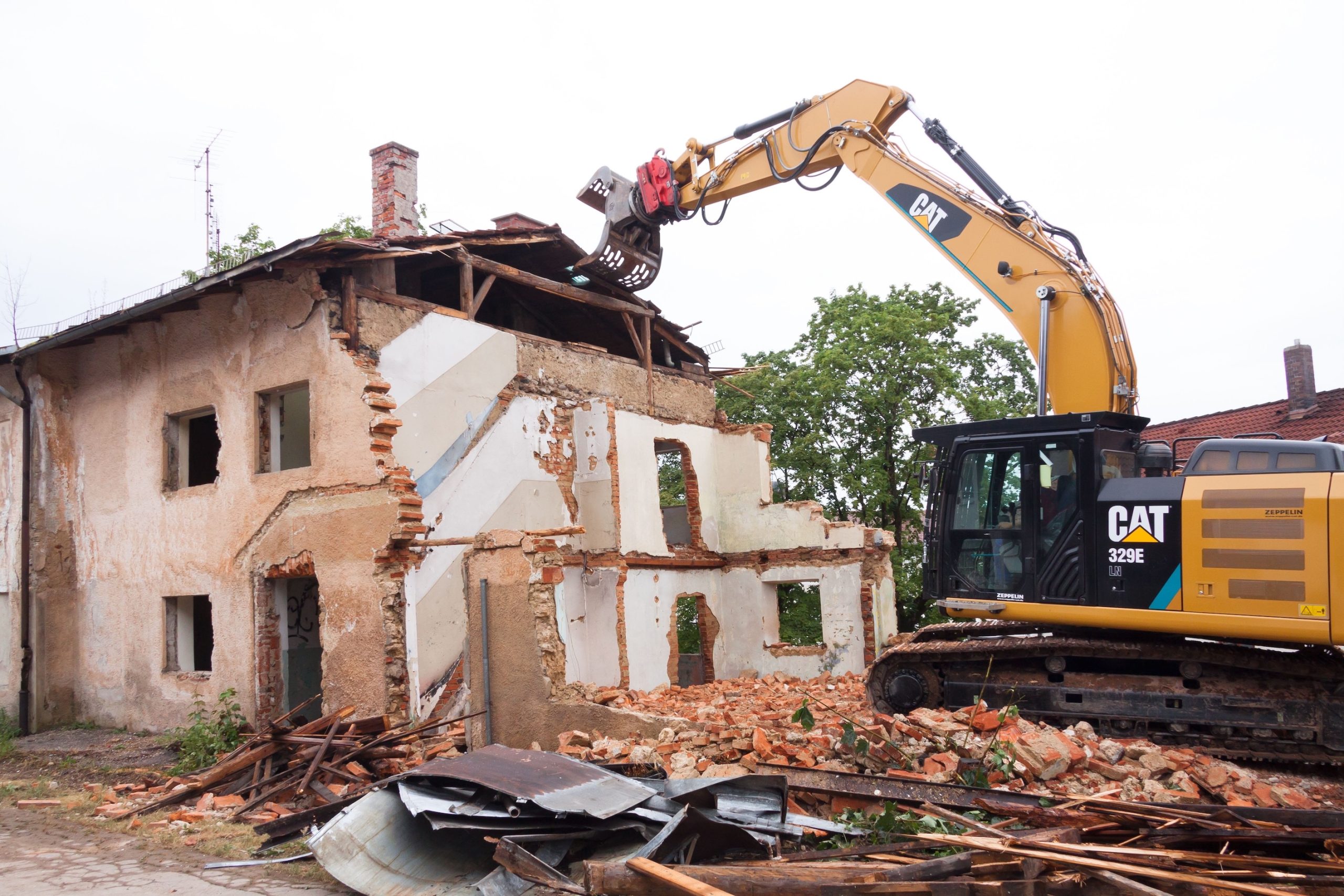
Europe, like the rest of the world, is at the beginning of a new housing crisis. For the first time since the economic and financial crisis of 2008, whose effects have been felt in the housing market, the new crisis is threatening Europe’s largest group of citizens: the middle class.
The insecurity and even fear, the threat of losing the roof over their heads, brings the exponents of this social category closer to the far right and the representatives of the populist current, who use this issue, along with that of migration, to gain as many seats in the European Parliament as possible. These are the conclusions of a study recently published by The Guardian, which cites a UN expert’s warning. According to it, the new housing crisis will affect no fewer than four categories of Europeans.
“The housing crisis is no longer just affecting low-income people, immigrants or single-parent families, but also the middle class,” said UN Special Rapporteur on Housing Balakrishnan Rajagopal, according to The Guardian.
According to some experts, the housing crisis began with the economic crisis that originated in the war in Ukraine and has manifested itself in rising inflation and energy prices, which have led to spiralling prices, all resulting in lower purchasing power. In the case of the housing market, the crisis also has its direct causes – a downturn in the construction sector, massive immigration, especially to big cities, and a lack of social measures by governments.
Analysts quoted by The Guardian take a different view, arguing that the housing crisis began much earlier and has deepened over the past decade and has now escalated. According to them, it is most acute in big cities and is caused by massive immigration over the past decade, as well as tourism, which has “woken up” after the pandemic. It is felt throughout Europe, from the Netherlands to Portugal, from Greece to Germany, and in the UK.
House prices have increased by 50% in the last decade
When it comes to buying, house prices in Europe have risen by almost 50% in the last decade – 2010-2022. For rents, the increase over the same period is close to 20%, Eurostat data show. Although smaller in scale, the rise in rental market prices is having a more severe impact, mainly in terms of the social groups it affects.
In recent months, the lack of affordable housing has led to protests in several EU capitals and major cities, such as Lisbon, Amsterdam, Prague, Milan and London. There are European countries where more than 20% of households spend more than 40% or more of their net income on rent. For young people, current rent prices are eating up about half their income, and mortgages are as much as 10 times the average wage.
In Germany, the only country in Europe where renters outnumber homeowners, rents have risen astronomically, especially in big cities. In Berlin, rents have risen by 9% in a single year: for an apartment of about 60 square metres, the average monthly rent is more than €800, and in Munich even more, €1,115 for an apartment of the same size, according to the Frankfurter Allgemeine Zeitung. There are many reasons for this, including the much lower number of new homes being built compared to demand.

In Germany, there is a shortage of more than 800,000 homes and the need is growing. The federal government’s ambitious plan to build 400,000 homes a year, including 100,000 social housing units, is difficult to achieve because of high costs and rising interest rates. Nearly 10 million people in the country, mainly single-parent families, live in cramped quarters – data from the Federal Statistical Office says so.
The situation is even more desperate in Lithuania, where rents have risen by up to 144%, and Ireland, where the increase is already over 80%. At the end of last year, rent for a one-bedroom flat in central Dublin was more than €1,900, while in the less attractive west of the city the average was €1,300.
Romania – 35% rent increases, house prices – 25% increases
According to local specialists, Romania has also seen significant increases in property prices and rents, but the increase has not yet reached the level of the West. Between 2010 and 2023, rents in Romania rose by an average of 35%, while the price of buying a home increased by 25.5%. Experts point out that prices within this range are, however, an average, which is somewhat held down by prices in smaller cities.
Inflation over the past two years has taken a serious toll on the housing market, with building material price increases at record levels compared to previous years. Despite these increases, Bucharest (Romania’s capital) remains below the EU average for rents, even though the financial burden this monthly expense places on the earnings of young people or single-parent families is significant. At the end of last year, the average rental price of a two-bedroom apartment was €558, up 16% on the same period last year. With average net earnings in Romania last year at just over €900, it can be said that for many Romanians, more than half of their income went on rent. Even so, Bucharest is below the major European capitals, with Paris, for example, paying 80% of the average net salary and Berlin 70%.
Housing crisis, politically exploited
Under these circumstances, the European housing crisis, triggered by rising rents and sky-high property prices, has become a major issue in the run-up to the European Parliament elections, exploited to the full by populist parties, The Guardian analysis shows. Alongside the immigration issue, the immigration crisis could be successfully exploited by these political parties, which, according to EU polls, could come first in nine EU member states and second or third in nine others, say Guardian analysts. They cite the Netherlands, where the far-right party led by Geert Wilders won the 2023 general election on anti-immigrant messages blamed for the housing crisis, as an example of the impact the housing crisis can have on elections. According to Geert Wilders, foreign students, whose numbers have risen sharply in recent years, are also to blame for the housing crisis.
The problems in the Netherlands started more than 10 years ago when, in addition to homeless people with no income, young and old people who had jobs or pensions but could no longer afford to pay rent started applying for social housing. The average house in the Netherlands now costs €452 000, more than 10 times the average annual salary of €44 000. House prices have doubled in the past 10 years, and in the most sought-after areas the increase is as much as 130%.

Rents in the private sector, which account for about 15% of the total housing stock, have also risen substantially. A single room in a house in Amsterdam costs €950 a month; a studio costs at least €1,500 or more, and an apartment for three people goes for €3,500. Meanwhile, the waiting list in the social housing sector, which is about twice as long as for private housing, averages seven years nationwide – but in big cities, especially Amsterdam, it can be as long as 18 or 19 years.
Analysts quoted by The Guardian say this is due to government policy since the early 2010s, when the Ministry of Housing and Planning was abolished and the sale of housing was liberalised. This has resulted in about a quarter of apartments in the country’s major cities being owned by private investors. To this would be added a series of other legislative measures, such as the disappearance of subsidies for housing construction or the mortgage tax exemption for buyers. These, while meant to help young people buy their first home, ended up helping existing landlords invest in more properties and boosting rental prices.
“Europe drank the Kool-Aid of the 1980s… markets were good, planning was bad” (…) “But markets only look after themselves. If you get rid of state planning, nobody provides housing. And this is what allows the PVV (n.ed. the far-right party in the Netherlands), for example, to blame migrants for the Dutch crisis, when there is no evidence that migrants are to blame. If we want to stop the rise of the far right, to deprive it of some oxygen, things like housing have to be seen as fundamental rights,” said UN special rapporteur on housing Balakrishnan Rajagopal, quoted by The Guardian.



 Subscribe
Subscribe